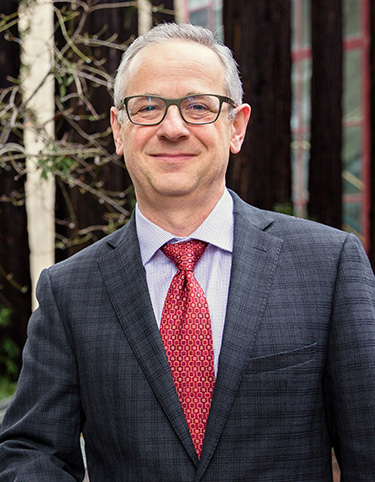Campus News
UC Santa Cruz joins Action Collaborative on Preventing Sexual Harassment in Higher Education
The National Academies have joined with colleges and universities to found the collaborative, aiming to prevent sexual harassment across all disciplines and among all people in higher education.

The National Academies of Sciences, Engineering, and Medicine have joined with colleges and universities across the country to found an Action Collaborative on Preventing Sexual Harassment in Higher Education. UC Santa Cruz and other UC campuses are among the institutions that have joined the action collaborative as members.
The purpose of the action collaborative is to bring together academic leaders and key stakeholders to prevent sexual harassment across all disciplines and among all people in higher education. It is designed to be an active space where colleges, universities, and research and training organizations can research and develop efforts that move beyond basic legal compliance to evidence-based policies and practices for addressing and preventing all forms of sexual harassment.
Paul Koch, dean of physical and biological sciences, is representing UC Santa Cruz in the action collaborative.
“It is tremendous that the National Academies are organizing colleges and universities to confront the pernicious problem of sexual harassment in higher education,” Koch said. “Given our commitment to social justice and work to move beyond compliance in addressing this issue, I’m pleased and proud to represent UC Santa Cruz in this national effort.”
The action collaborative builds on the National Academies’ 2018 report Sexual Harassment of Women: Climate, Culture, and Consequences in Academic Sciences, Engineering, and Medicine, which found that between 20 percent and 50 percent of female students and more than 50 percent of female faculty and staff experienced sexually harassing behavior while in academia. The report provides a road map with a range of promising practices for preventing sexual harassment, such as using bystander intervention, producing annual reports to convey that reports of sexual harassment are taken seriously and people are held accountable, and combining anti-harassment efforts with programs to promote civility and respect.
“It’s exciting to see academic institutions come together to address sexual harassment in a collective, structural approach to ending long-standing patterns of discrimination,” said Elizabeth Hillman, president of Mills College, a member of the action collaborative’s leadership group and a member of the study committee that wrote the 2018 report.
The four main goals of the action collaborative are to:
- raise awareness about sexual harassment and how it occurs, the consequences of sexual harassment, and the organizational characteristics and recommended approaches that can prevent it;
- share and elevate evidence-based institutional policies and strategies to reduce and prevent sexual harassment;
- contribute to setting the research agenda, and gather and apply research results across institutions; and
- develop a standard for measuring progress toward reducing and preventing sexual harassment in higher education.
The action collaborative will also deal with the issue of sexual harassment in the context of other damaging behavior, including incivility, bullying, and other forms of harassment such as racial harassment.
“We hope that going forward even more colleges, universities, and other organizations will join us in our efforts,” said Frazier Benya, a senior program officer at the National Academies who is directing the action collaborative.
Information about the action collaborative, along with letters of commitment from member institutions, can be found at www.nationalacademies.org/sexualharassmentcollaborative.